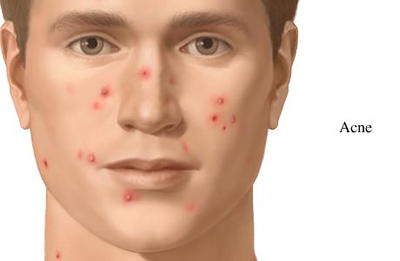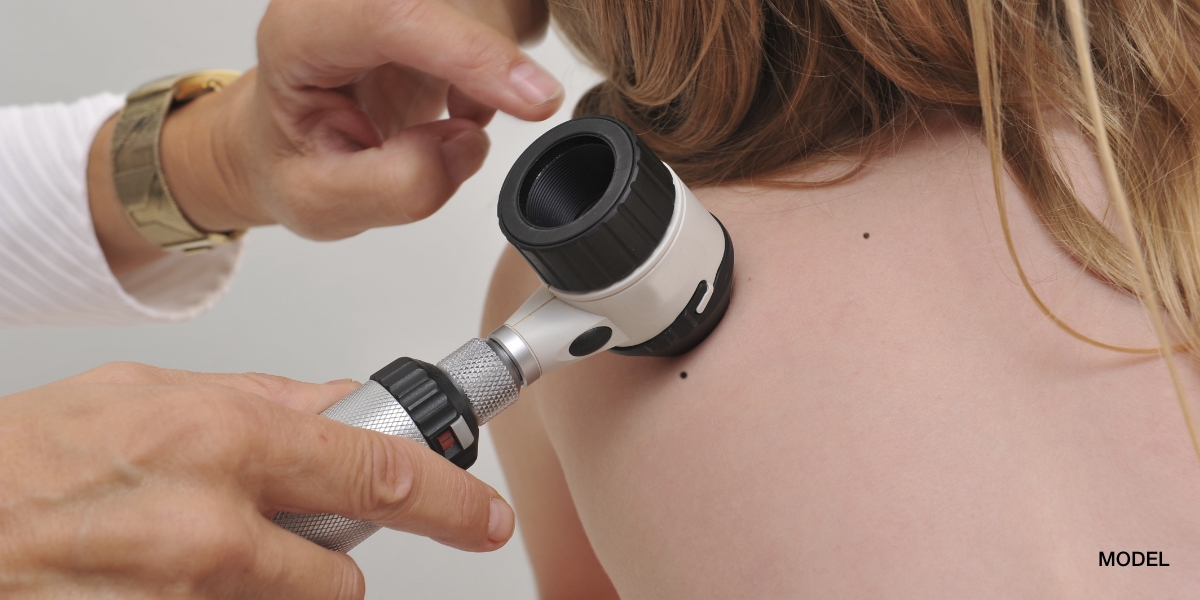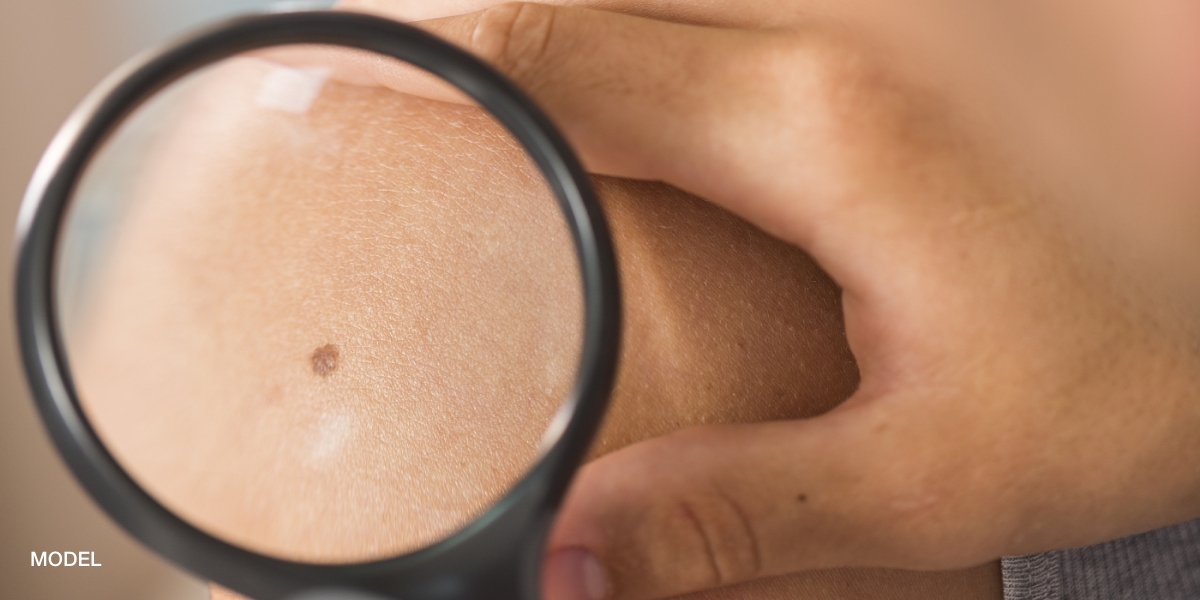Acne is a very common skin disorder and occurs in all ages from babies to adults. Its causes are multi factorial and rarely can be blamed on hygiene or eating habits. Propionibacterium acnes, the acne bacteria, is a common culprit in teenage acne but is less responsible for adult acne. In teenagers, hormones play a major role in causing acne to arise also. The increase in hormones causes thickening of the hair root sheath leading to trapping of oil and debris below the skin surface. Additionally, these same hormones cause the enlargement of oil glands, called sebaceous hyperplasia. There are multiple different types of acne lesions that can arise. Cysts are deep red tender nodules that can lead to scarring if not treated expeditiously. Comedones are smaller more superficial lesions that are of two varieties: open comedones (black heads) and closed comedones (white heads). They do not scar and are easily treated with a comedo extractor (“pimple popper” device) in the dermatology office. Pustules are the final type of acne lesion and they are the “pus bumps” that are easily extracted with slight pressure. Adult acne differs from teenage acne in that the lesions are mainly deep seated cysts and less often the more superficial comedones and pustules.
August 22, 2010




